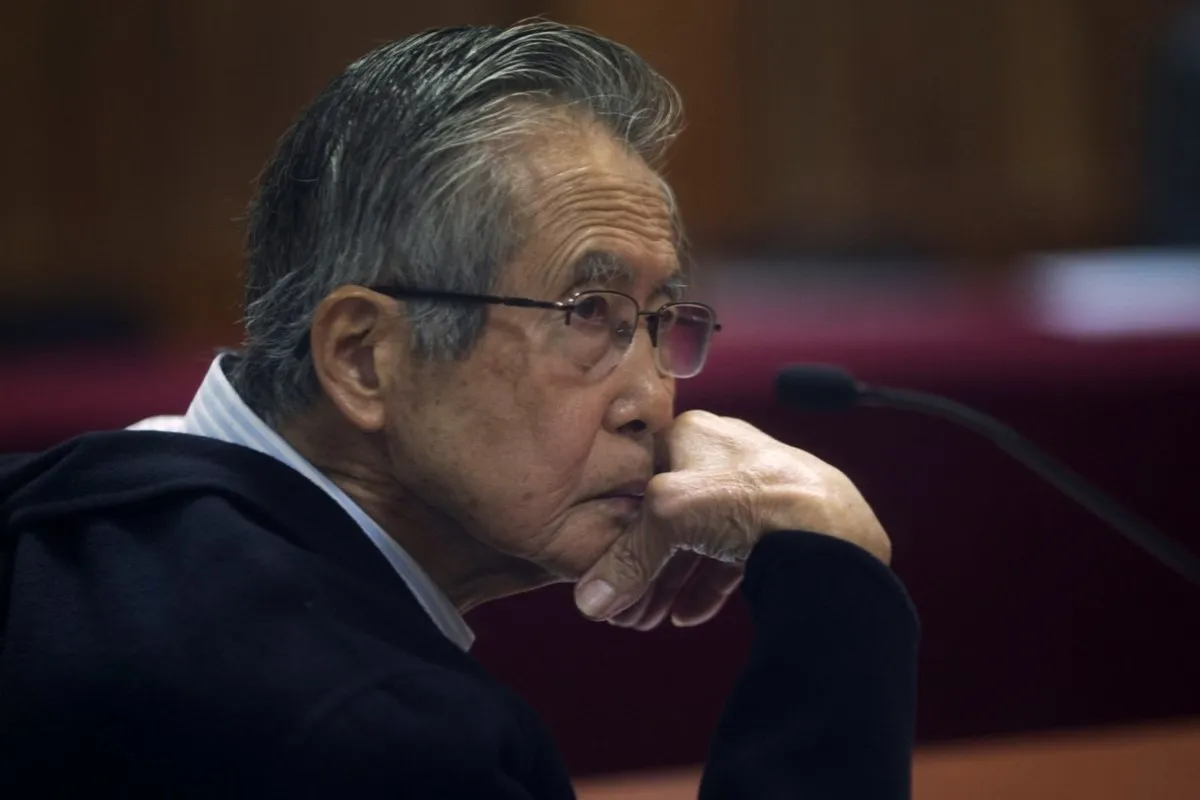Alberto Fujimori's Legacy: A Controversial Figure in Peruvian Politics

Alberto Fujimori's Historical Context
Alberto Fujimori served as the president of Peru from 1990 to 2000, a period characterized by significant economic reform and social unrest. His leadership saw rapid economic recovery, which was overshadowed by severe criticism for his authoritarian measures and human rights abuses.
Controversies Surrounding Fujimori's Regime
- Authoritarian Governance: Many argue that his tactics for quelling opposition went too far.
- Human Rights Violations: Several instances of abuse during his regime, including the targeting of innocent civilians.
- Economic Success: His approach led to initial improvements in Peru's economy, though with significant social costs.
Fujimori's Legacy
As Peru reflects on Fujimori's life posthumously, his presidency remains a divisive topic. Critics and supporters alike will continue to engage in discussions about his governance style and lasting impact on Peruvian society. The complex portrait of Alberto Fujimori as both a reformer and a violator of human rights ensures that his narrative is far from straightforward.
This article was prepared using information from open sources in accordance with the principles of Ethical Policy. The editorial team is not responsible for absolute accuracy, as it relies on data from the sources referenced.